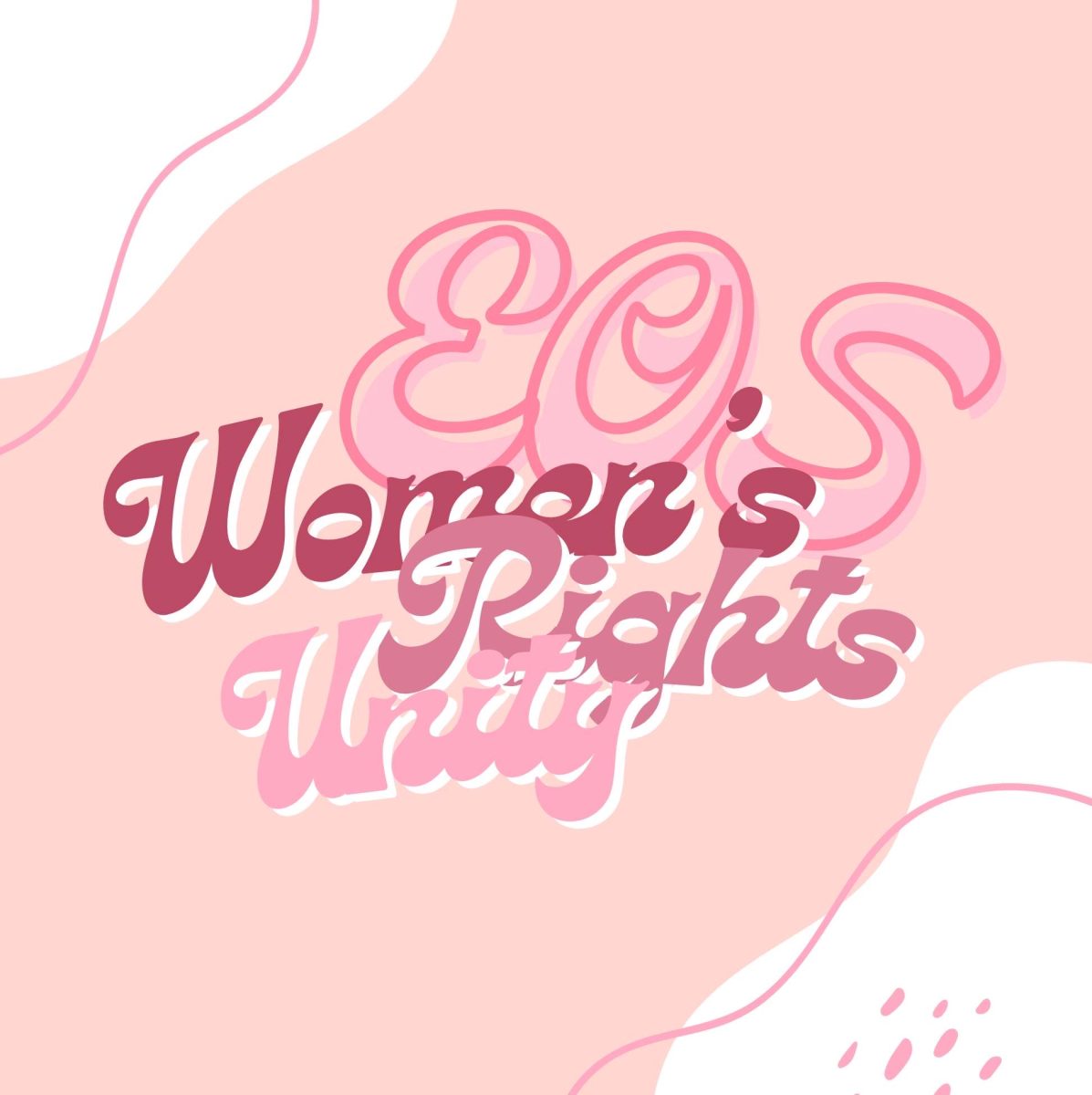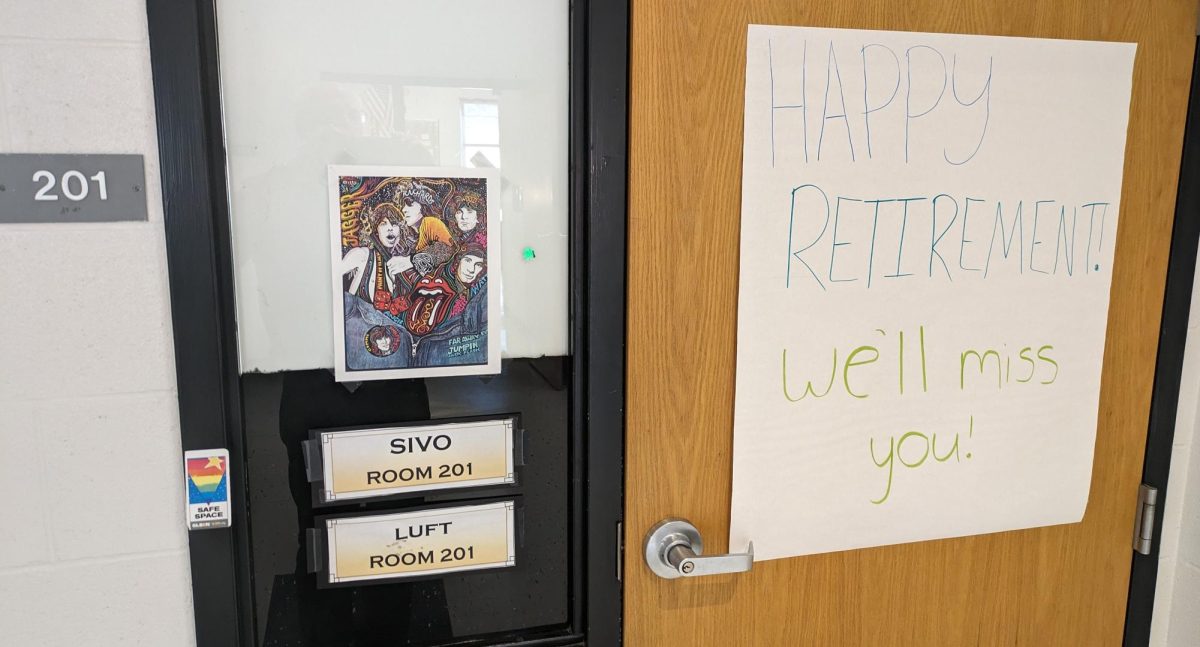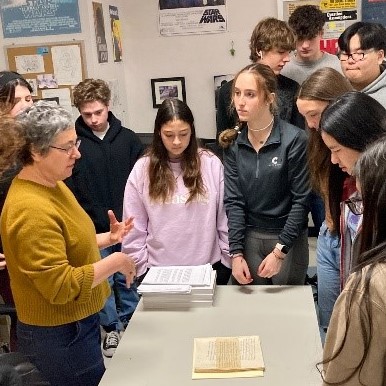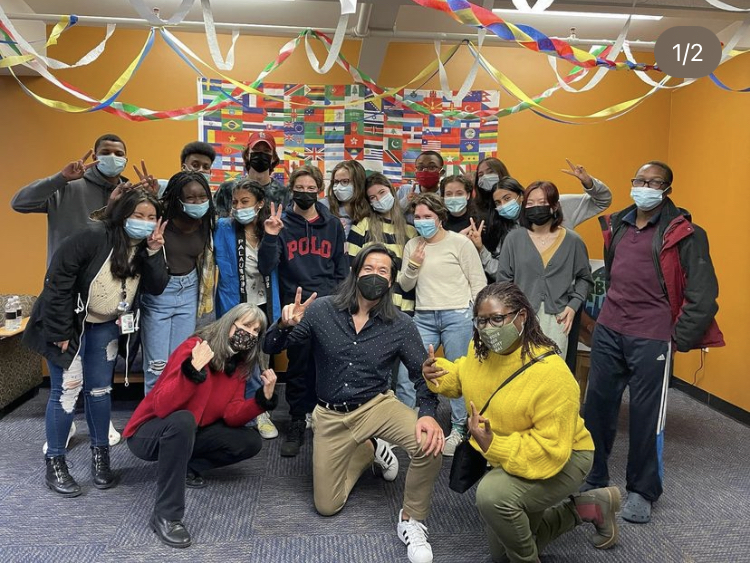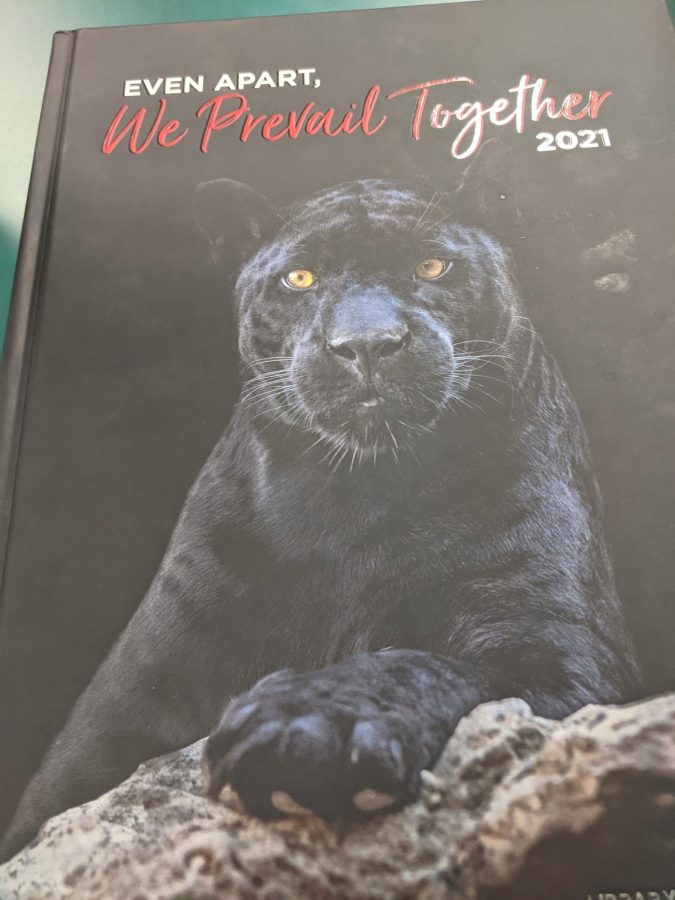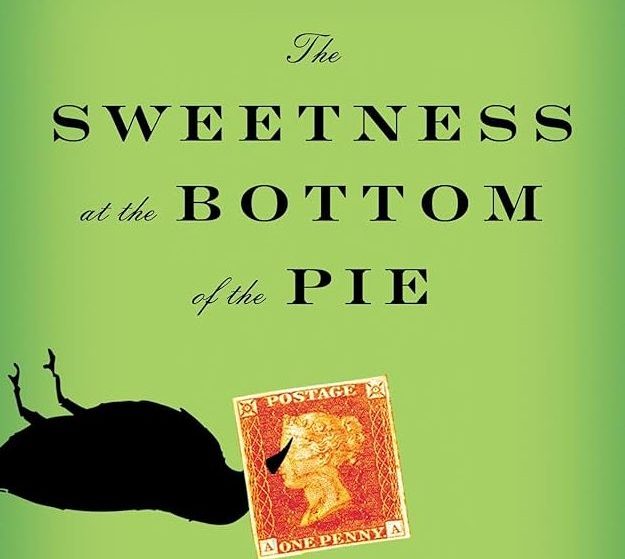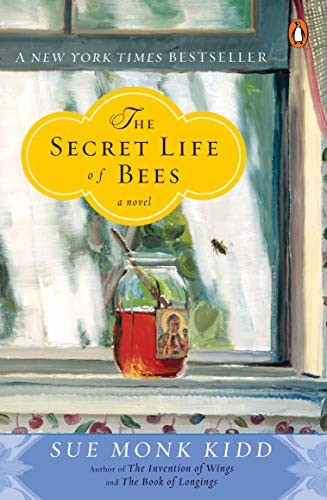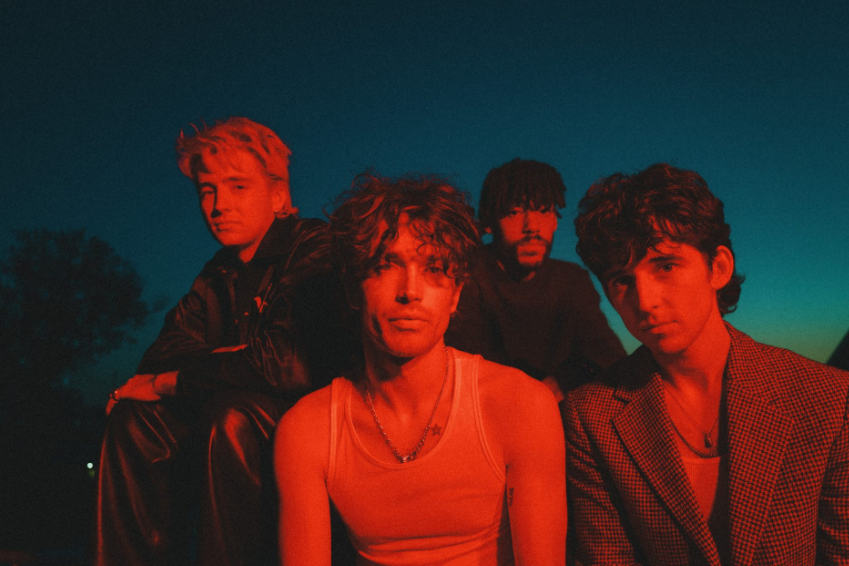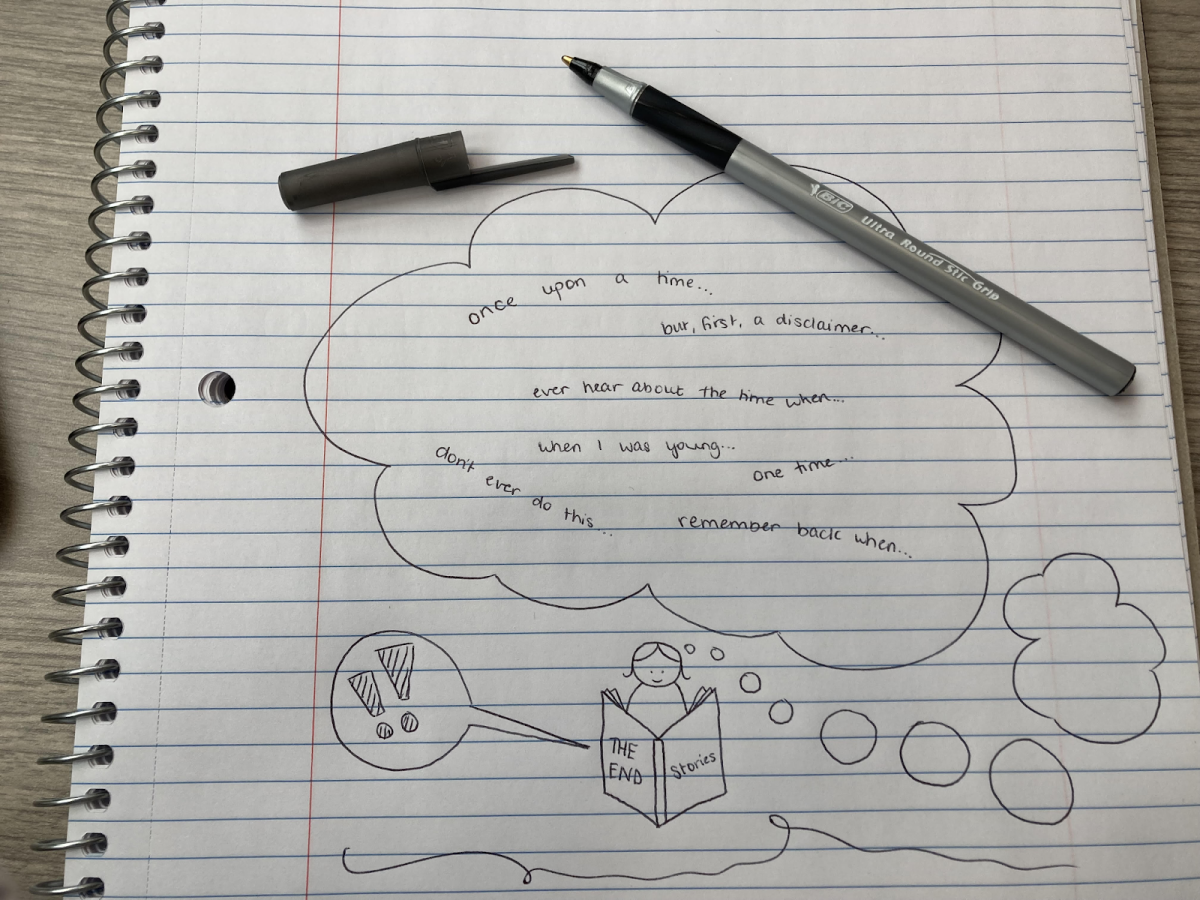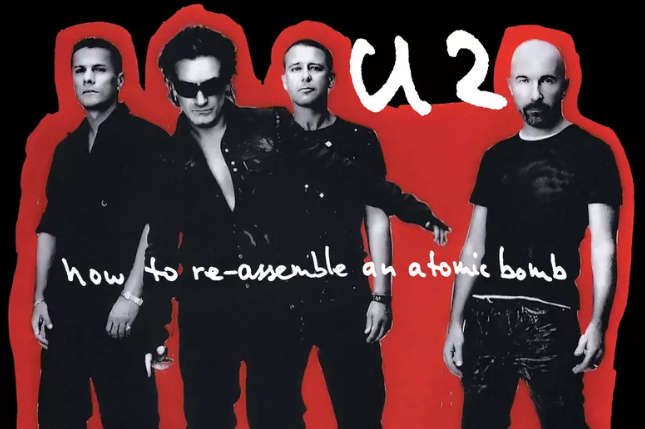Olivia Rodrigo’s new album is daring, gritty, and audacious, and it’s no surprise that she chose to name her album GUTS. While fans enjoyed a little taste of this teenage angst in songs from her first album, including “brutal” and “good 4 u,” Rodrigo’s sophomore album takes this intensity and magnifies it to the extreme. Her song “all american b****” bravely tackles the social expectations women face, whereas “love is embarrassing” and “get him back!” both encapsulate the plethora of contradicting emotions that come with relationships; emotions of jealousy, vengeance, and rage that are often condemned when women voice them. Rodrigo doesn’t need a drum set or some curse words to convey this angst either, shown in her delicate ballads “lacy” and “pretty isn’t pretty,” both soft and angelic melodies with powerful lyrics of envy and desperation, both with strong messages regarding a woman’s place in society.
This social commentary and rage against the status quo isn’t new. “Brutal,” from Rodrigo’s debut album SOUR, reveals the angst and frustration felt by Generation Z towards America’s exploitive capitalistic systems for creating a bleak future. Her lyrics aren’t too far from Marxist feminist theory, which inherently argues that women cannot be emancipated from their oppression under capitalism, for exploitation under capitalism is innate. The line “I’m so tired that I might quit my job… ’cause who am I if not exploited?” may be interpreted as tone-deaf, for Rodrigo is pop star’s brightest prodigy, but another interpretation exists in that even the most successful women who embody the American Dream are exploited, revealing the extreme extent of female oppression in the modern day United States. If Olivia Rodrigo, three-time Grammy winner at age 20 feels exploited, where does that leave women in middle and lower classes in America?
In response to critics arguing she only sings about boys, Rodrigo tells Teen Vogue, “this record talks about emotions that are hard to talk about or aren’t really socially acceptable, especially for girls: anger, jealousy, spite, sadness, they’re frowned upon as b****y and moaning and complaining… but I think they’re such valid emotions.” The pop star’s breakup songs aren’t all run-of-the-mill, heartbreaking ballads, but indeed weave in “uglier,” less feminine emotions of rage that women have been socialized to not express. By writing about these complicated sentiments, not only does the pop star normalize them and validate women’s experiences and feelings in the process, she also, to some extent, contributes to the social liberation of women from gender expectations, an aspect that has been lacking in the music industry since the turn of the 21st Century. Undeniably, fans can’t help but notice intriguing similarities between the GUTS era of Rodrigo and the 1990s “riot grrrl” movement, where punk rock met feminist politics. In promotional interviews prior to the release of her sophomore album, the prodigy has said she drew inspiration from many punk bands, from Rage Against the Machine to Sweet. However, the most eye-catching group name-dropped is Bikini Kill and its lead singer Kathleen Hanna, the mother of the “riot grrrl” genre, which the rising celebrity appears to exemplify.
Rodrigo’s daring emotional and political statements don’t remain in her music. At the 2022 Glastonbury Festival in Somerset, prior to jointly performing a song with a profane title written by singer/songwriter Lilly Allen, Rodrigo stated, “I wanted to dedicate this next song to the five members of the Supreme Court who have showed us that at the end of the day, they truly don’t give a s*** about freedom.” Rodrigo then proceeded to list all five justices who voted against women’s reproductive rights, daringly saying, “we hate you!” Not only is this equally reminiscent of the “riot grrrl” movement, but in addition, in an era of neutrality for many celebrities, a young singer so upfront about her political beliefs and morals is inspiring.
Rodrigo’s political statements aren’t made without supported knowledge. In a livestream on Stationhead with fans, Rodrigo mentions that she recently read Hood Feminism: Notes from the Women That a Movement Forgot. This collection of essays by Mikki Kendall critiques the mainstream white-feminist movement that has erased all but a few women who hold a certain degree of privilege. Kendall, using an intersectional framework, addresses issues women of color disproportionately face that have been neglected in the grievances of popular feminist movements, including the education gap, food and housing insecurity, poverty, and gun violence. In some ways, Rodrigo’s knowledge on various political fronts is a breath of fresh air compared to many other popular artists such as Selena Gomez, whose deafening silence during the Black Lives Matter movement and current neutrality in the Israel-Palestine conflict have both been duly noted, or Taylor Swift, who has become the face of exclusionary white feminism. Rodrigo’s educated stances in interviews, at performances, and in her lyrics, are rejuvenating for the 2020s music scene, and provide hope for a broader, more united movement of feminism as Generation Z becomes a voting demographic.

